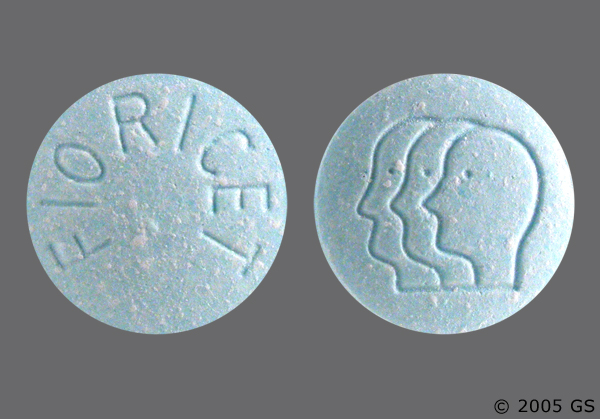Although certain medicines should not be used together at all, in other cases two different medicines may be used together even if an interaction might occur.

In these cases, your doctor may want to change the dose, or other precautions may be necessary. When you are taking this medicine, it is especially important that your healthcare professional know if you are taking any of the medicines listed below. The following interactions have been selected on the basis of their potential significance and are not necessarily all-inclusive.
Using this medicine with any of the following medicines is not recommended. Your doctor may decide not to treat you with this medication or change some of the other medicines you take.
- Riociguat
Using this medicine with any of the following medicines is usually not recommended, but may be required in some cases. If both medicines are prescribed together, your doctor may change the dose or how often you use one or both of the medicines.
- Alfentanil
- Alprazolam
- Amobarbital
- Anisindione
- Aprobarbital
- Butabarbital
- Carisoprodol
- Chloral Hydrate
- Chlordiazepoxide
- Chlorzoxazone
- Clarithromycin
- Clonazepam
- Clorazepate
- Dantrolene
- Darunavir
- Diazepam
- Dicumarol
- Doxorubicin
- Doxorubicin Hydrochloride Liposome
- Esketamine
- Estazolam
- Ethchlorvynol
- Etonogestrel
- Flunitrazepam
- Flurazepam
- Givosiran
- Halazepam
- Imatinib
- Iobenguane I 131
- Isoniazid
- Ketazolam
- Lorazepam
- Lormetazepam
- Medazepam
- Mephenesin
- Mephobarbital
- Meprobamate
- Metaxalone
- Methocarbamol
- Methohexital
- Midazolam
- Nifedipine
- Nitrazepam
- Oxazepam
- Peginterferon Alfa-2b
- Pentobarbital
- Phenindione
- Phenobarbital
- Phenprocoumon
- Piperaquine
- Pixantrone
- Pneumococcal 13-Valent Vaccine, Diphtheria Conjugate
- Prazepam
- Primidone
- Quazepam
- Secobarbital
- Sodium Oxybate
- Temazepam
- Thiopental
- Trazodone
- Triazolam
- Ulipristal
Using this medicine with any of the following medicines may cause an increased risk of certain side effects, but using both drugs may be the best treatment for you. If both medicines are prescribed together, your doctor may change the dose or how often you use one or both of the medicines.
- Acenocoumarol
- Cannabis
- Carbamazepine
- Fosphenytoin
- Lixisenatide
- Ospemifene
- Phenytoin
- Prednisone
- Warfarin
- Zidovudine
Other Interactions
Certain medicines should not be used at or around the time of eating food or eating certain types of food since interactions may occur. Using alcohol or tobacco with certain medicines may also cause interactions to occur. The following interactions have been selected on the basis of their potential significance and are not necessarily all-inclusive.
Using this medicine with any of the following is usually not recommended, but may be unavoidable in some cases. If used together, your doctor may change the dose or how often you use this medicine, or give you special instructions about the use of food, alcohol, or tobacco.
- Ethanol
- Tobacco
Using this medicine with any of the following may cause an increased risk of certain side effects but may be unavoidable in some cases. If used together, your doctor may change the dose or how often you use this medicine, or give you special instructions about the use of food, alcohol, or tobacco.
- Cabbage
- Ethanol
Other Medical Problems
The presence of other medical problems may affect the use of this medicine. Make sure you tell your doctor if you have any other medical problems, especially:
- Alcohol abuse, history of or
- Drug dependence, or history of or
- Weakened physical condition—Use with caution. May increase risk for more serious side effects.
- Kidney disease or
- Liver disease—Use with caution. The effects may be increased because of slower removal of the medicine from the body.
- Porphyria (an enzyme problem)—Should not be used in patients with this condition.
- Stomach problems—Use with caution. May make these conditions worse.